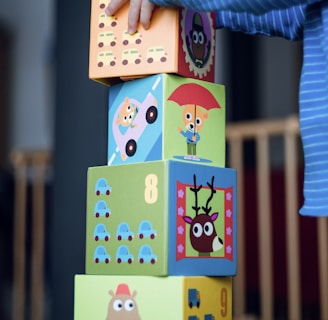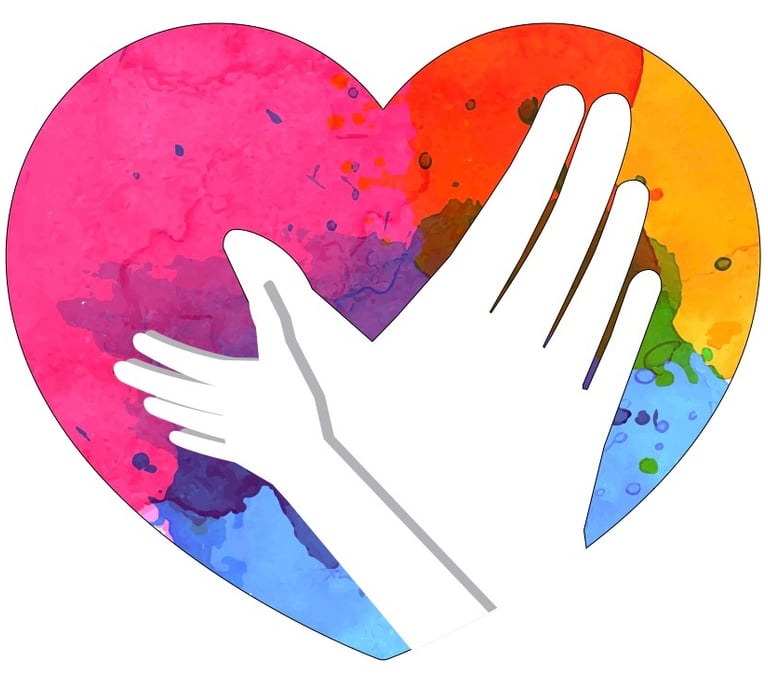Social Skills in Children with Autism: Effective Strategies and Practical Activities
Discover effective strategies and practical activities to foster the development of social skills in children with autism. This article provides a comprehensive approach to teaching crucial skills that enhance interaction and communication, offering valuable tools for parents and educators to support these children in their social and emotional growth.


Introduction
Developing social skills is crucial for children with Autism Spectrum Disorder (ASD), as they face unique challenges that may limit their ability to interact effectively. Through targeted strategies and directed activities, parents and educators can play a vital role in enhancing these essential skills.
Why Are Social Skills Important for Children with Autism?
Social skills are essential for interaction and success in social and academic settings. Children with autism often struggle with non-verbal communication, cooperative play, and understanding social norms, which can lead to difficulties in forming friendships and participating in group activities.
Strategies for Teaching Social Skills
Structured Play Groups: Organize play groups where children with autism can interact in a controlled and safe environment. These groups allow for practicing taking turns, sharing, and following instructions with the guidance of trained facilitators (Rise Up For Autism).
Visual Supports: Use visual aids such as visual schedules, social stories, and visual cues to help children understand and navigate social situations. These visual tools clarify social expectations and facilitate communication (Rise Up For Autism).
Peer Modeling: Expose children with autism to role models who demonstrate appropriate social skills. Interactions with typically developing peers can provide valuable examples that children with autism can emulate (Rise Up For Autism).
Social Skills Training: Enroll children in social skills training programs that use evidence-based techniques to teach specific social skills tailored to the individual needs of the child (Rise Up For Autism).
Practical Activities to Enhance Social Skills
Role-Playing: Implement role-playing to practice conversations and social scenarios. This helps children learn to initiate and maintain conversations, take turns, and listen actively (Psychology Today).
Emotion Recognition and Expression: Teach children to recognize and express emotions using visual aids such as emotion charts or facial expression cards (Rise Up For Autism).
Joint Attention: Engage in activities that require shared attention, such as reading books or interactive games, which are crucial for developing the ability to interact and engage with others (Rise Up For Autism).
Conclusion
Improving social skills in children with autism requires patience, practice, and a personalized approach. Implementing these strategies and activities not only benefits social development but also enhances the overall quality of life for the children.
Call to Action
We encourage parents and educators to try these strategies and share their experiences to foster a supportive and continuous learning community.
Get in touch


